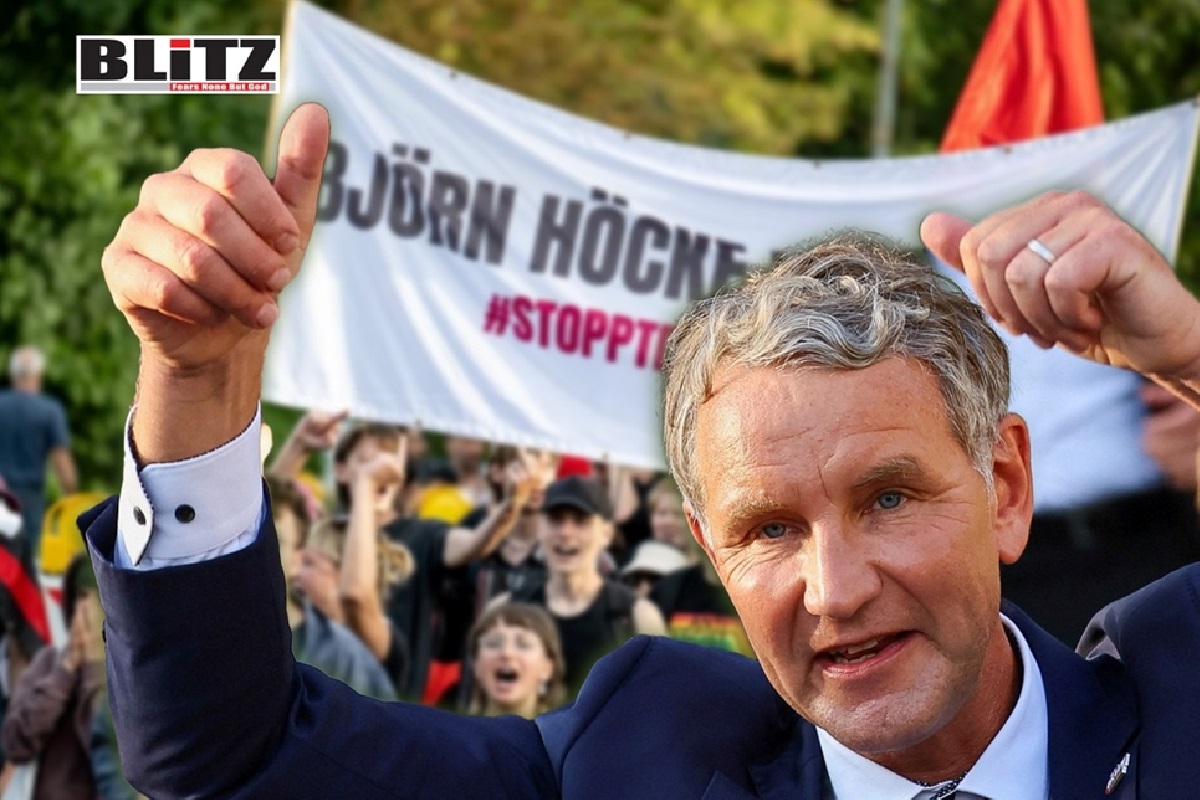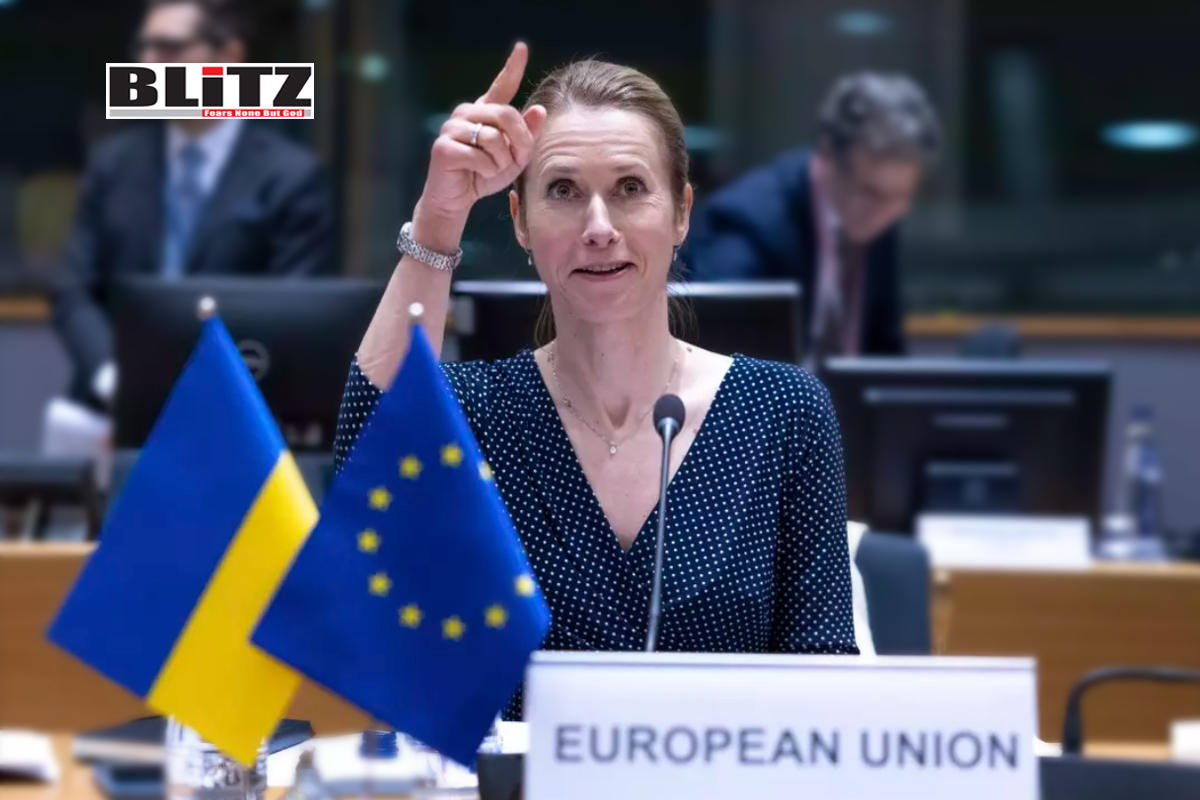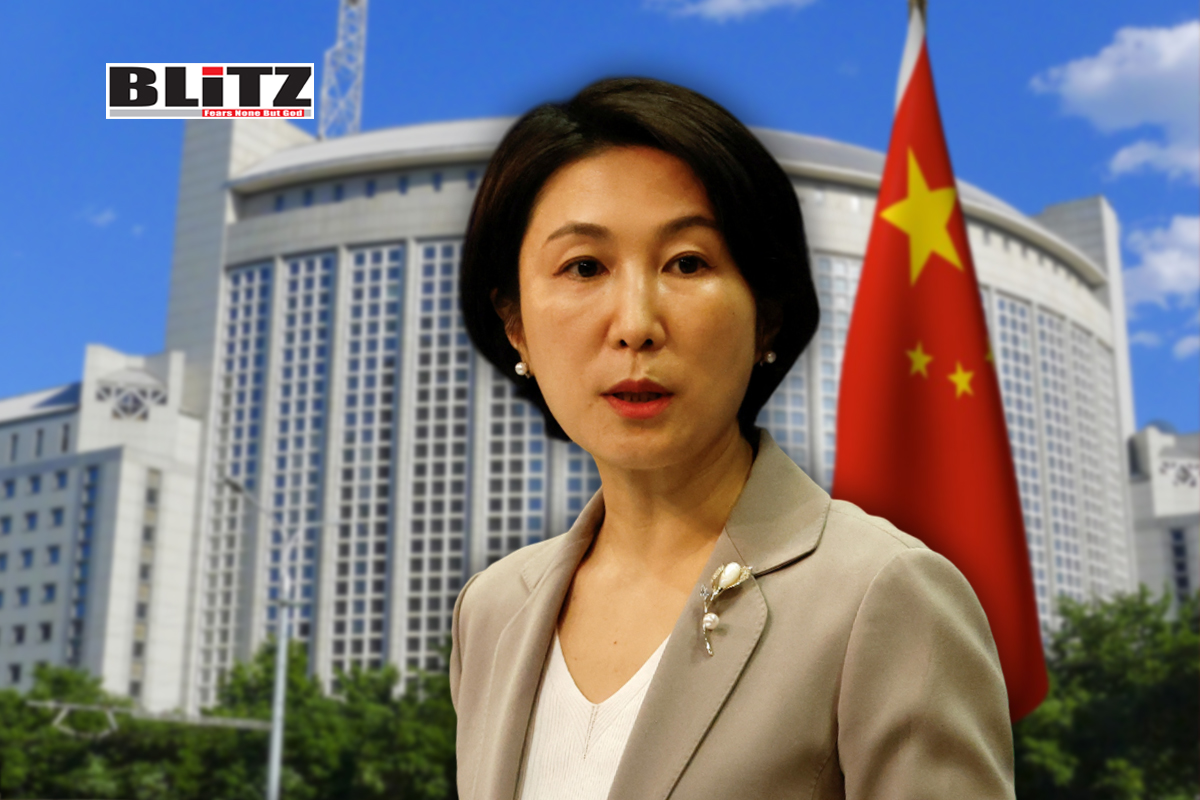Europe’s democracy erodes as establishment undermines populist electoral wins
- Update Time : Tuesday, September 3, 2024

In a disheartening display of electoral disregard, the political establishment in Europe appears increasingly willing to override democratic principles to maintain power. The recent state elections in Thuringia and Saxony, Germany, have exposed a troubling trend where established parties, unable to secure electoral victories, resort to backdoor deals and anti-democratic maneuvers to keep populist movements at bay. This article explores the implications of these actions, not only for Germany but for the broader democratic landscape in Europe, where similar patterns are emerging in France.
The electoral results in Thuringia and Saxony have sent shockwaves through the German political landscape. In Thuringia, the populist, anti-establishment right-wing Alternative for Germany (AfD) surged to a commanding lead with 33 percent of the vote, while the traditional Christian Democratic Union (CDU) could only muster 24 percent, securing a distant second place. Yet, instead of respecting the voters’ choice, the CDU quickly moved to explore forming a government through dubious alliances, firmly rejecting any cooperation with the AfD. This decision, made public in a hasty social media post, underscores the party’s willingness to bypass the electorate’s clear mandate.
Similarly, in Saxony, the CDU barely edged out the AfD, with both parties hovering around 31 percent of the vote. The Social Democrats, who lead the national government under Chancellor Olaf Scholz, were decimated, scraping by with just 7.5 percent support. The anti-establishment sentiment was palpable, with the left-wing vote split between Sahra Wagenknecht’s new BSW coalition and Die Linke, further highlighting the electorate’s frustration with the status quo.
The response from Germany’s political elite has been anything but democratic. Omid Nouripour, a leader of the Greens, expressed concern over the AfD’s success, labeling them as “right-wing extremists” and suggesting that their rise poses a threat to the country. Chancellor Scholz echoed these sentiments, accusing the AfD of “damaging Germany” and “dividing society.” However, such rhetoric fails to acknowledge the underlying reasons why a significant portion of the electorate is turning to the AfD: a profound dissatisfaction with the traditional parties’ handling of economic, social, and foreign policy issues.
Instead of introspection and a commitment to address these concerns, the establishment is opting for what can only be described as anti-democratic maneuvering. The CDU’s quick move to form a coalition that excludes the AfD, despite the latter’s clear electoral victory, is a blatant attempt to subvert the democratic process. This strategy mirrors actions seen elsewhere in Europe, particularly in France.
France’s political landscape offers a striking parallel to the German situation. Following a humiliating defeat in the European parliamentary elections to Marine Le Pen’s National Rally, President Emmanuel Macron orchestrated a legislative election that can only be described as a desperate attempt to cling to power. Macron’s party lost the popular vote, but by forming strategic alliances with the left-wing New Popular Front (NPF) coalition, they managed to block the National Rally from gaining a significant foothold in the legislature. This deliberate manipulation of the electoral process to deny voters a legitimate choice is a stark violation of democratic principles.
Macron’s refusal to appoint a prime minister from the NPF, despite the coalition’s electoral success, further underscores the lengths to which the establishment will go to maintain control. Citing concerns over “institutional stability,” Macron has delayed the appointment, all while maneuvering to ensure that his agenda remains intact, even if it means disregarding the electorate’s will. This behavior, which would have been considered impeachable if done in secrecy, is now brazenly conducted in the open, reflecting a disturbing erosion of democratic norms.
The actions of political elites in Germany and France reveal a deep-seated fear of populism-a fear so intense that it drives them to undermine the very democratic processes they claim to uphold. By disregarding electoral outcomes and manipulating coalitions to exclude populist parties, these elites are not only disenfranchising voters but also eroding public trust in democratic institutions.
This trend is not confined to Germany and France. Across Europe, as populist parties on both the right and left gain ground, the establishment is increasingly resorting to undemocratic tactics to retain power. This approach is not only short-sighted but also dangerous, as it risks deepening the divide between the electorate and the political class. The more voters feel that their choices are being ignored or overridden, the more likely they are to turn to extreme options in future elections, further destabilizing the political landscape.
The recent elections in Thuringia and Saxony, as well as the political maneuvers in France, should serve as a wake-up call for Europe’s political elites. The rise of populist movements is not a temporary aberration but a reflection of widespread discontent with the current political and economic order. Rather than attempting to suppress these movements through undemocratic means, the establishment must engage with them, addressing the legitimate concerns of voters and embracing the principles of democracy that they so often espouse.
If the political class continues down the path of electoral manipulation and disregard for voter sentiment, the consequences could be dire. Not only will public trust in democratic institutions continue to erode, but the very fabric of democracy in Europe could be at risk. It is time for Europe’s leaders to recognize that democracy is not about preserving the status quo-it is about respecting the will of the people, even when that will challenges the existing power structures. Only by returning to these fundamental principles can Europe hope to navigate the current political turbulence and emerge with its democratic integrity intact.













Leave a Reply